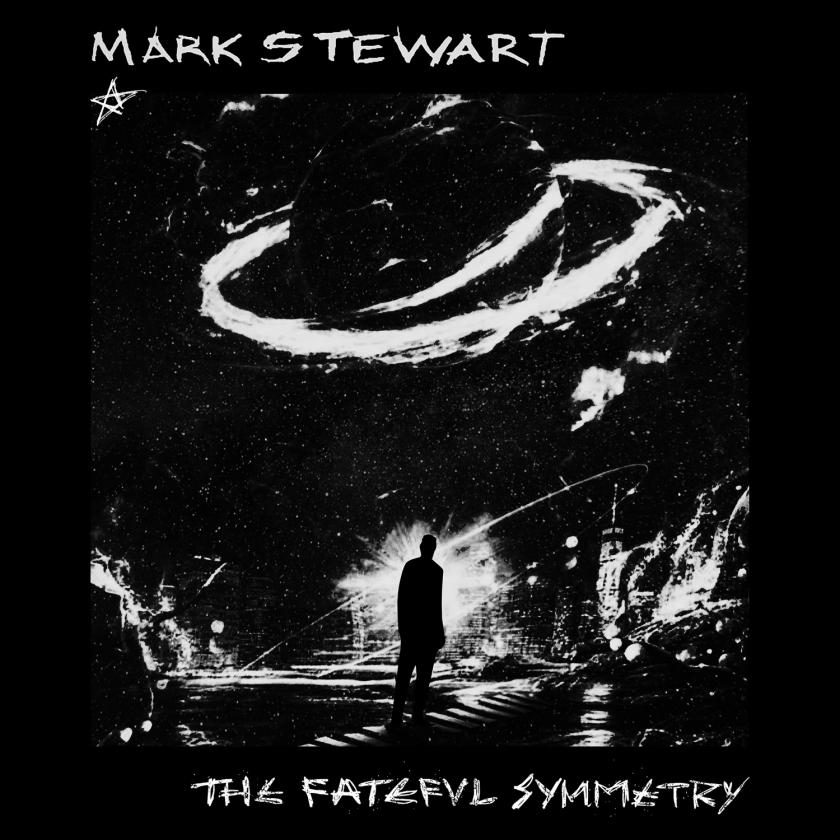I met Mark Stewart once. It was on a platform at Clapham Junction, I wouldn’t normally approach a famous person like that, but I felt I had to pay my respects. It turned out he was getting on my train – going down to Dorset to “visit his old Ma” – and we talked on and off down to Southampton. He was hilarious, half scholar and gentleman, half lively uncle at a family function loudly telling old-school “blue” jokes, all in the thickest West Country burr this side of The Wurzels. I was glad I had done the gauche thing, doubly so after he died in 2023. Where meeting your heroes can sometimes reduce them, it only added layers to the complexities of one of the most fascinatingly complicated figures in British music.
This album – made not long before Stewart’s passing with quite a cast of collaborators including Killing Joke's Youth and The Pop Group colleague Gareth Sager – adds more layers still. There’s very little of the cantankerous mischief-maker here, and the sloganeering aggro anarchist who made The Pop Group one of the most thrilling propositions in punk and contributed terrifyingly to the evolution of industrial and noise music in the Eighties is certainly present, but somewhat muted. There is, however, a lot of the mystical, visionary and philosophical Mark Stewart in evidence. This album feels like the work of someone who’s climbed a mountain, taking a moment to look down and take stock of themselves and the world.
It’s recognisably him – there’s industrial distortion, punk intonation, and a whole lot of the dub reggae bass and space that’s always infused everything he does – especially on a discordant but still beautiful cover of The Korgis’ “Everybody’s Gotta Learn Sometime”. But there’s also Hawkwind-like space rock, chugging electropop, and large helpings of Kurt Weill cabaret louchness filtered down through Scott Walker and David Bowie. The lyrics are vividly evocative, whether of experiencing the harshness of the march of time (the devastating album closer “A Long Road”) or more abstract prophecy (“Crypto Religion”). Just occasionally, especially on the two singles which open the album, the Bowie influence tips over into uncanny tribute, but overall this is a true original demonstrating his complex individuality to the end.
Listen to "Neon Girl":














Add comment